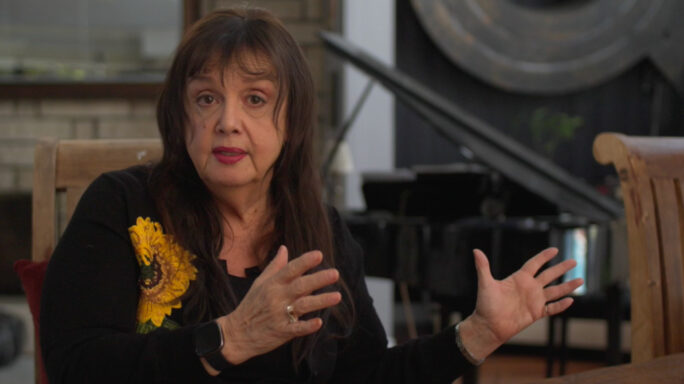Season 1: Finding and keeping great people
How the power of listening can transform your company

Listening is the foundation of respect, for the right of the other person to be different. In our world of social media, we’re exposed to so many more conflicting views and opinions. Recently I saw a post on a social media thread asking whether you could accept that someone’s position was just as valid as yours, even if you didn’t agree with it? For me, listening is critical when it comes to understanding other people’s viewpoints and finding common ground.
Listening is a silent superpower in the workplace, as it helps you to develop understanding, empathy, and to even break through seemingly impossible situations. Here’s how:
Listening builds empathy
When you work alongside other people—within a larger organisation or with a team of freelancers or remote workers—you’ll be aware of all the different characters, personalities and viewpoints. While this can lead to conflict (we’ll come onto this), if you respect these different viewpoints and listen to what’s being said, the conversation will open up and these differences will ultimately create a more diverse culture, and a more innovative way of doing things. So, consider other viewpoints. In meetings and one-on-ones, allow time for each person to speak, and others to listen and understand. Empathy comes from an ability to see things differently.
See beyond the stereotypes
When we open ourselves to differences of opinion in this way, we begin to see beyond stereotypes, and we begin to embrace diversity. I love watching Billions, the fast-paced American drama set in the high-octane world of hedge fund managers. I’m especially drawn to the relationship between one of the young traders, Mafee—an extroverted, fun and likeable team member—and Taylor, a non-binary intern he hires who’s a remote, detached introvert. In one episode, Taylor asks Mafee why he hired them. He replies, “Because you were different from all the other applicants who seemed so alike, always shouting their qualifications . . . But you were thoughtful. You listened. Plus, I thought I could learn from you.” Taylor nods, impressed. “And I thought I could learn from you. And I did.”
I recall taking a taxi to the airport during an overseas business trip. The driver spoke excellent English, so we began chatting. As the conversation turned towards world affairs, it became clear we had different viewpoints and things became a little heated. That day, I chose to simply listen. I felt it was important that he had the sense that he had been heard—whether I agreed with him or not. Maybe that counted for something. Interestingly, we ended the journey on good terms.
Listening encourages bravery
Hiring new people and starting a new relationship takes courage. It requires us to be bold. To remain open. But if you’ve listened carefully to all the interview candidates, why not listen to your inner voice and trust your judgment when it comes to making the final selection. And in the words of Steve Jobs, “Stay curious.”
Create a culture of listening
When you actively listen to your team, they become braver with what they have to say. And bravery leads to greater innovation. Why? Because if people feel heard, they’ll have the confidence to share more. To bring you their ideas, knowing that you’ll carefully consider them.
We can all endeavour to practise this process of learning to listen well and daring to understand each other. Listening only occurs over time. Take the time. Each moment we listen helps to form deeper connections.





Leave a comment